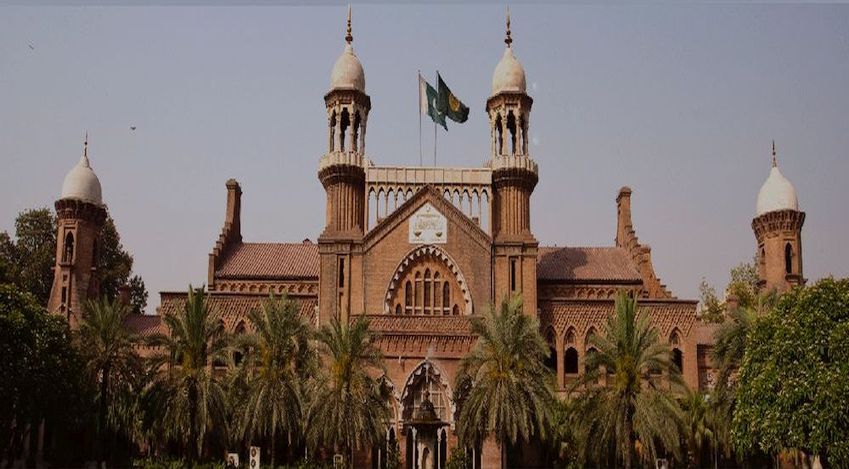CDR Alone is Inconclusive without Forensic Validation, such as Voice Transcripts or Authenticated Recordings --- Lahore High Court, Lahore
Islamabad 10-12-2024: In a significant ruling, the Lahore High Court dismissed a Criminal Appeal [Crl. Appeal No. 68635/2024] filed by Shabbir Hussain, challenging the trial Court’s rejection of his application to summon Call Data Records (CDR) of a prosecution witness. The Court reaffirmed the principles surrounding the admissibility and limitations of digital evidence, particularly CDR, in criminal cases.
The Appellant, Shabbir Hussain, was accused under Sections 9(1)3(d) and 9(1)5(d) of the Control of Narcotic Substances Act, 1997, in an FIR registered at Police Station City Pasrur, District Sialkot. He sought the CDR of a prosecution witness (PW-4) to disprove the witness’s presence at a specific location. The trial Court rejected this request under Section 540 Cr.P.C., a decision now upheld by the Lahore High Court.
The bench, comprising Mr. Justice Muhammad Tariq Nadeem and Mr. Justice Farooq Haider, emphasized that while CDR provides details about calls made or received, it is insufficient to conclusively establish the location or identity of the user without corroborative forensic evidence. The Court observed that CDR only shows the presence of a SIM within the territorial range of a cell tower, not the exact location of the user. Evidence such as voice transcripts or end-to-end audio recordings, validated through forensic analysis, is essential for CDR to be reliable.
The Court concluded that the Appellant’s request for CDR evidence at the appellate stage was neither necessary nor conclusive for a just decision. The Appeal was dismissed in limine, with the Court affirming the trial Court’s earlier order.
Powered by Froala Editor








